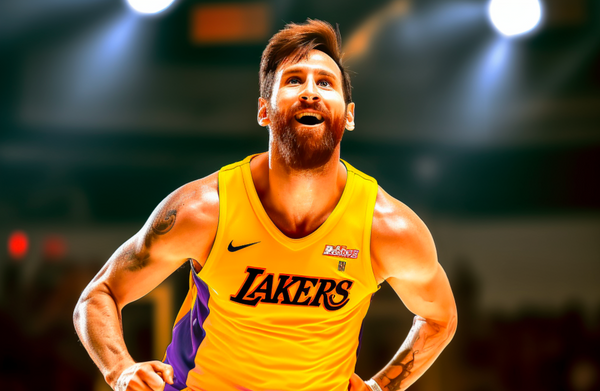How Sports Consumption Changed

The sports content consumption landscape has undergone significant changes in recent years, driven by generational shifts, technological advancements, and the rise of social media platforms. The industry is adapting to these changes by exploring new ways to engage fans and deliver immersive experiences.
👀 Key Takeaways
- More than 90% of Gen Z fans use social media to consume sports content[1].
- 40.7% of global sports fans stream live sports events through digital platforms[3].
- Gen Z's most popular sources of sports news are YouTube, Instagram, and TikTok[5].
- The global value of sports media rights is expected to surpass $60 billion by 2024[5].
- The pandemic accelerated the shift to online video and streaming for sports content[6].
🔍 Market Trends
- The rise of streaming services, with 46% of Gen Z and millennials using them to watch sports[2].
- Growing popularity of non-traditional media channels, such as TikTok and Twitch, for sports news and content[8].
- Integration of sports betting and digital assets like NFTs into fan engagement strategies[1].
- Increased focus on creating immersive, social experiences for fans both at home and at live events[1].
- Shift towards multi-device and multi-platform consumption of sports content[1].
🏆 Top Businesses
- ESPN: A leading sports media company offering live events, news, and analysis across multiple platforms.
- YouTube: A popular video-sharing platform that hosts sports highlights, live events, and athlete interviews.
- TikTok: A short-form video platform that has seen rapid growth in sports content consumption, especially among Gen Z fans.
🧩 What If Scenarios
- What if virtual reality and augmented reality become mainstream, transforming the way fans experience live sports events?
- What if social media platforms start bidding for exclusive sports broadcasting rights, challenging traditional TV networks?
- What if advancements in AI and machine learning enable personalized, real-time sports content recommendations for fans?
💡 Idea Generation
- Develop interactive, gamified sports content to engage younger audiences on social media platforms.
- Create partnerships between sports leagues and streaming platforms to offer exclusive content and experiences.
- Leverage user-generated content and influencer marketing to promote sports events and drive fan engagement.
- Explore opportunities for integrating esports and traditional sports to attract new audiences.
- Utilize data analytics to understand fan preferences and tailor content offerings accordingly.
🔮 Future Impact
- Sports content consumption will continue to shift towards digital platforms, with streaming services gaining more market share[7].
- Social media platforms will play an increasingly important role in shaping fan engagement and sports content distribution[8].
- The integration of emerging technologies, such as VR, AR, and AI, will create new opportunities for immersive fan experiences.
- The sports industry will need to adapt to changing fan behaviors and preferences to stay relevant and maintain growth.
The future of sports content consumption is bound to be exciting and full of innovation. As fans continue to embrace new technologies and platforms, the industry must adapt and evolve to meet their changing needs and preferences.





